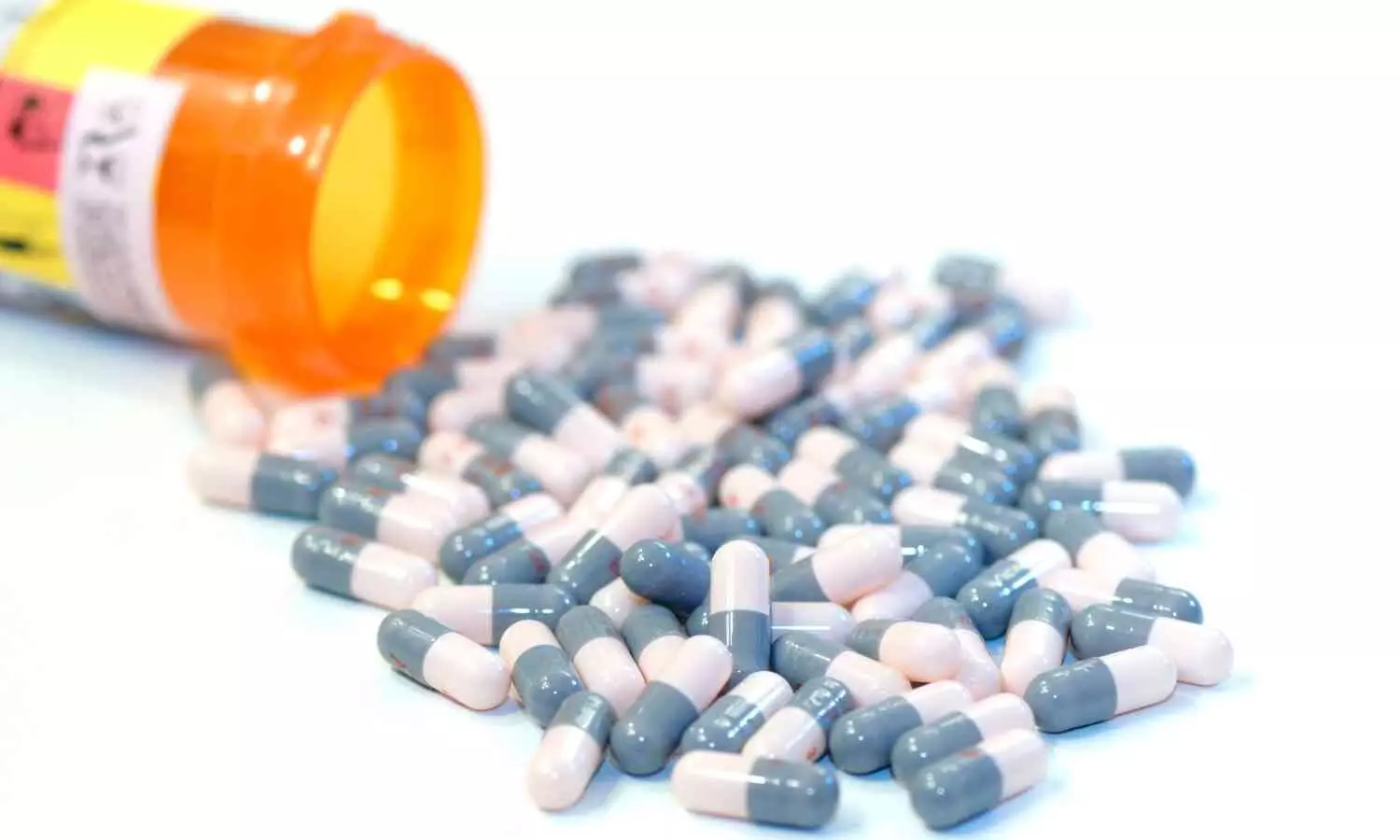Study Finds Antidepressants May Help Combat Infections and Sepsis

New Delhi: Antidepressants, widely used for mental health treatment, may also offer protection against serious infections and sepsis, according to new research. Scientists at the Salk Institute have discovered that these medications can regulate immune responses and help combat infectious diseases. The study, published in Science Advances, suggests that antidepressants could pave the way for novel life-saving treatments and strengthen global defenses against future pandemics.
Researchers focused on fluoxetine, commonly known as Prozac, and found that it not only eliminates bacteria and viruses but also shields tissues and organs from damage. "It's essentially playing offense and defense, which is ideal and especially exciting to see in a drug that we already know is safe to use in humans," said Professor Janelle Ayres from the Howard Hughes Medical Institute.
The study involved testing fluoxetine in mice with bacterial infections. The animals were divided into two groups: one pretreated with fluoxetine and the other left untreated. Results showed that mice given fluoxetine were significantly protected against sepsis, multi-organ failure, and death. Further analysis, conducted eight hours post-infection, revealed that fluoxetine-treated mice had lower bacterial levels, indicating a milder infection.
The researchers discovered that fluoxetine possesses antimicrobial properties, effectively curbing bacterial growth. Additionally, they measured the levels of inflammatory molecules in both groups and observed an increase in IL-10, an anti-inflammatory cytokine, in the fluoxetine-treated mice. They concluded that IL-10 helped prevent sepsis-induced hypertriglyceridemia—a condition characterized by excessive triglycerides in the blood—which, in turn, allowed the heart to maintain a healthy metabolic state. This protective effect reduced infection-related complications and mortality in the mice.
Overall, the findings suggest that fluoxetine can simultaneously kill harmful pathogens and mitigate infection-induced tissue damage. This dual function highlights the potential of repurposing existing antidepressants to combat infections and sepsis, opening new avenues for innovative treatment strategies. The research offers hope for developing more effective therapeutic options, particularly in the face of emerging infectious threats.


